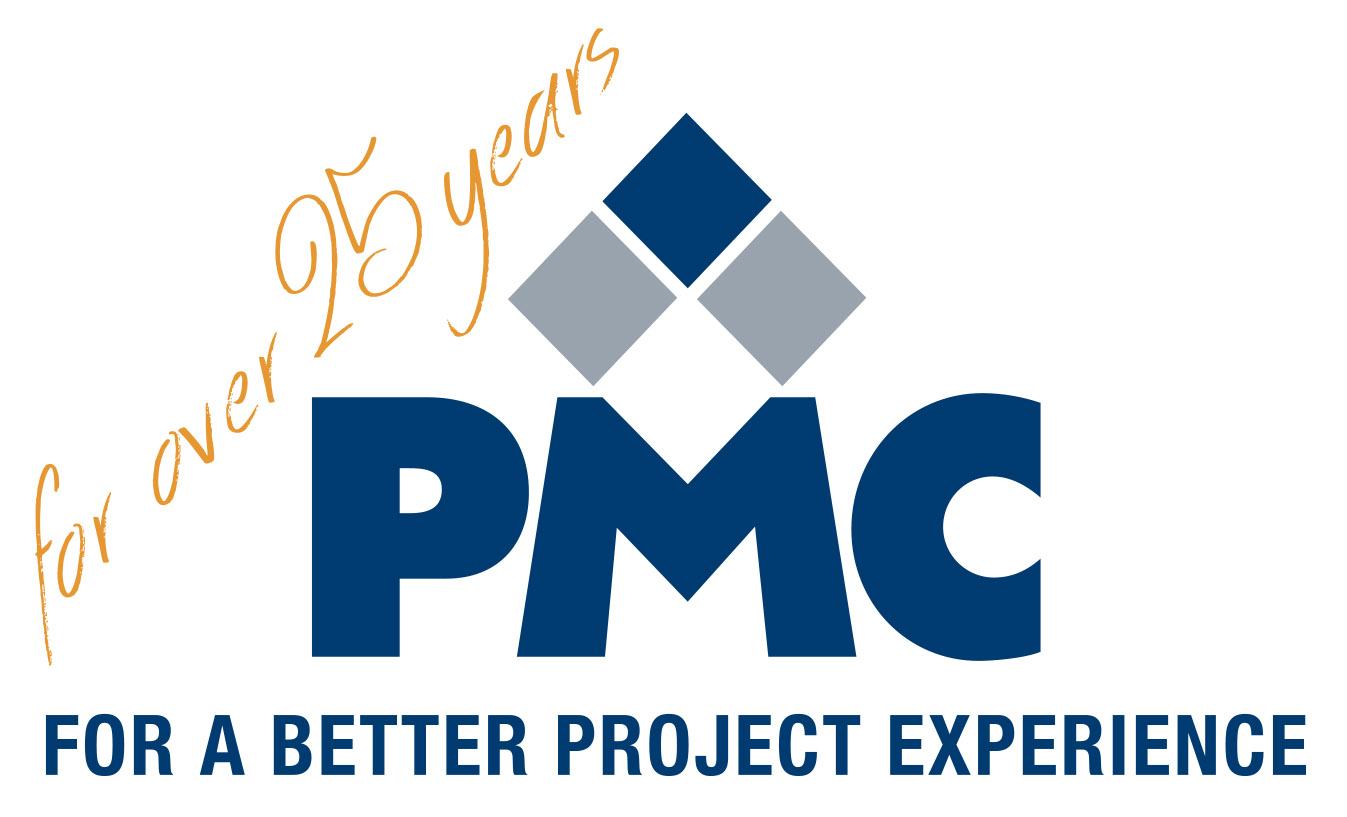In this comprehensive one-day course, attendees will learn and apply an essential project management approach to the entire project lifecycle based on proven project management concepts, processes, tools and techniques aligned with the latest edition of the PMBOK® Guide (Guide to the Project Management Body of Knowledge).
PMBOK is registered mark of the Project Management Institute, Inc.
